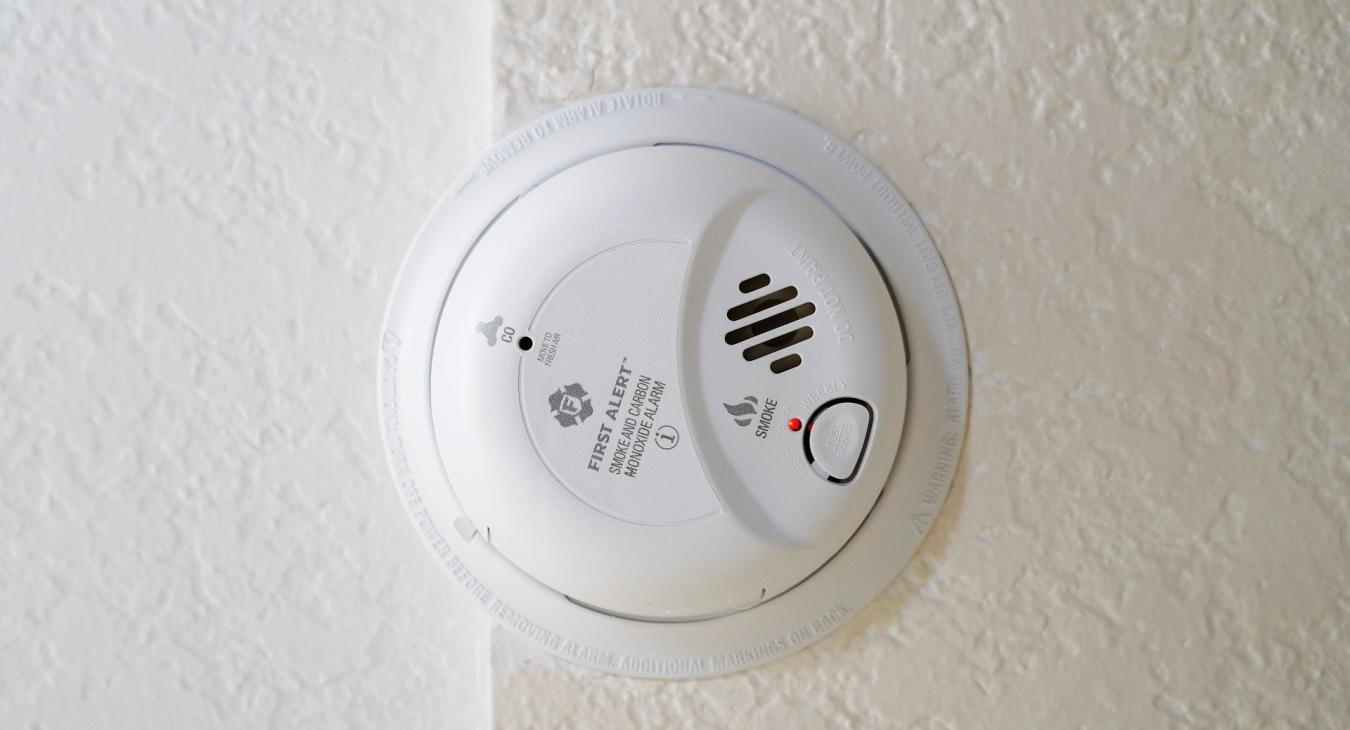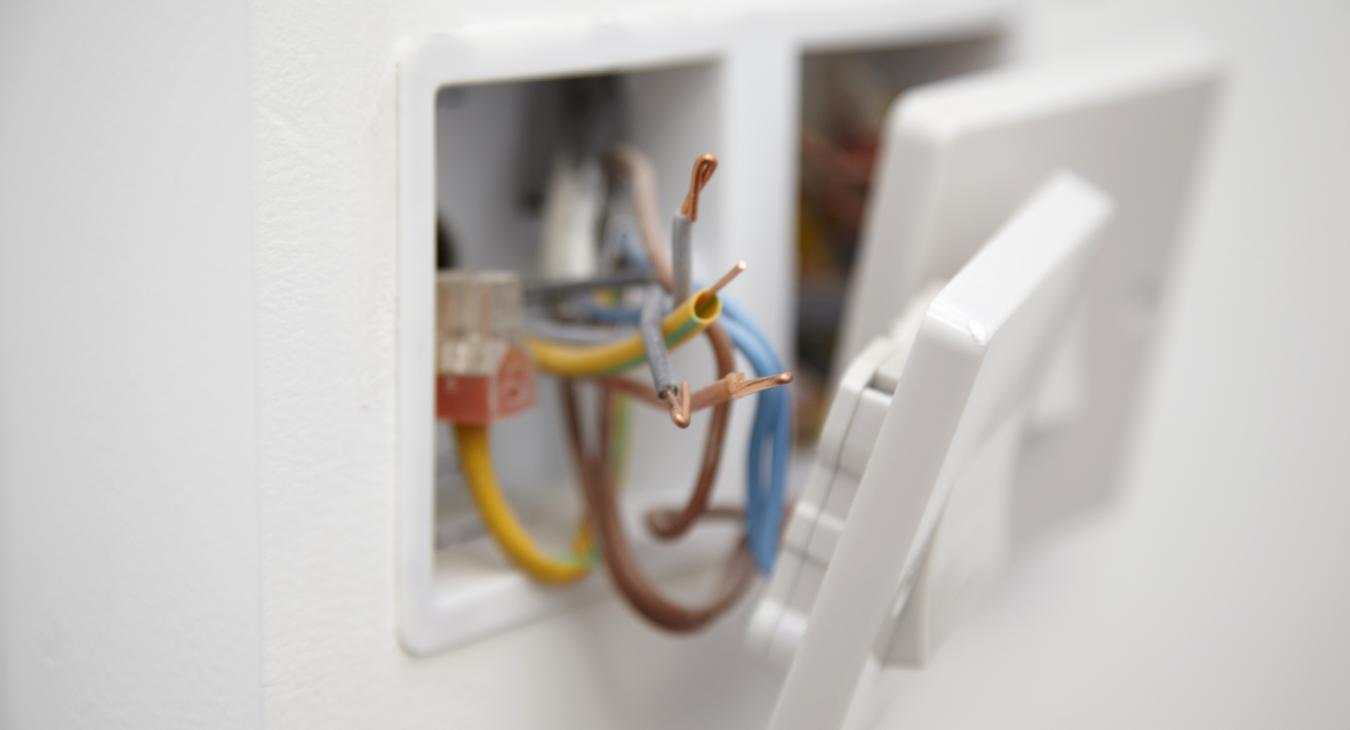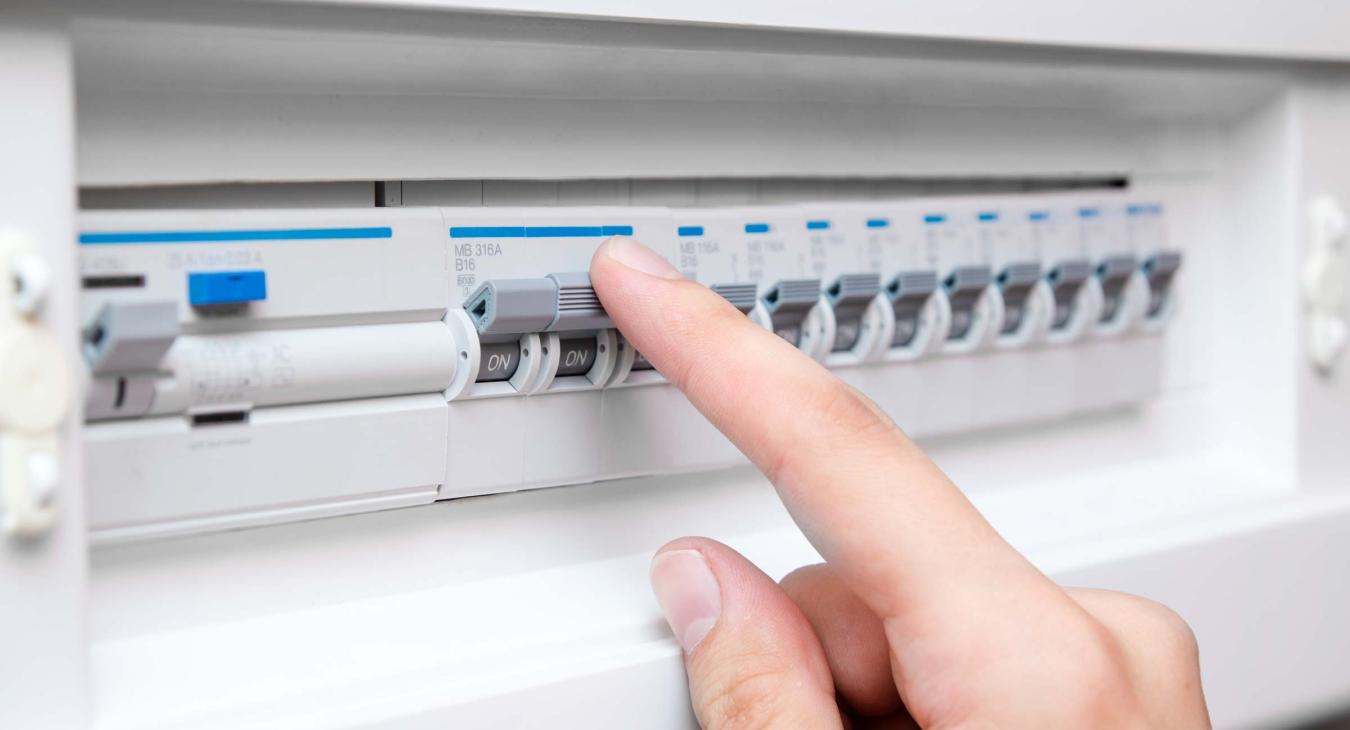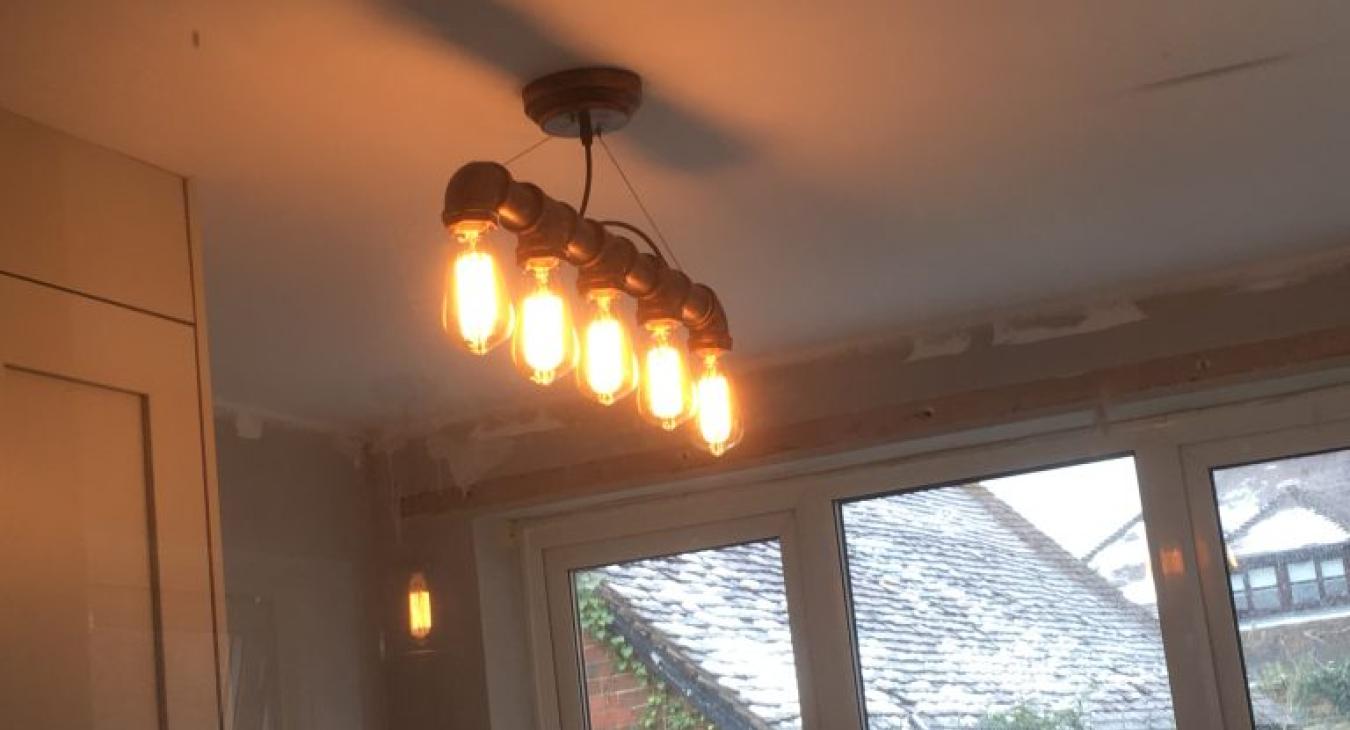
Smoke alarms are a life-saving device that are too often neglected.
Many homes have one fitted but forget to test it periodically and replace the batteries yearly. Some houses don’t have any alarms installed, or do have them, but have removed the batteries. It needs to be emphasised how important it is that houses have at least one smoke alarm on each floor, and that they are kept in sound working order.
Statistics
There are around 500 fire-related deaths in the UK each year, and most of these happen when people are sleeping, between 12am and 6am.
Approximately 590,000 UK house fires occur each year, with the majority caused by misused cooking appliances.
You are 4 times more likely to die in a fire if you don’t have a working smoke alarm.
Your home can be engulfed by flames in less than 4 minutes.
Smoke is by far the biggest killer in household fires.
The facts are scary. You have just minutes to escape from a burning house; the smoke alarm provides the early vital warning that should give you enough time to round up your family and get out of the house. If there is no working alarm and a fire starts at the peak incidence time when you’re asleep, your chances of survival are greatly reduced. Smoke is thick, heavy and toxic, and the faster you are alerted to the danger, the better your chance of survival.
Installing your smoke detectors
It is paramount that all of your smoke alarms are installed safely and correctly, and in the right place.
You should have at least one alarm per floor in a house, but the more you install, the better your protection.
Make sure you follow the fitting instructions, and if unsure, ask someone to assist.
Fit the device onto the ceiling, ideally, and at least a foot away from walls and lights.
Be aware that there are two types of detectors – ionisation and optical; homes with both have better protection. Ionisation alarms are sensitive to the smoke caused by fast-burning fires, such as from a chip pan. They are best fitted near to your kitchen. Optical alarms are good at detecting smouldering, slow-burning fires, and are a good option for the hallway, near to the living room.
Maintaining your smoke alarm
There are several things you can do to look after your smoke alarm, and make certain it is always in good working condition.
- Test your alarms once a week using the test button.
- Replace the batteries yearly.
- Change the whole unit at least every 10 years.
- Vacuum any accumulated dust from the detector 6 monthly with the vacuum extender tube.
One in every eight house fires attended by the fire brigade have inoperable smoke alarms and, inevitably, they have the highest number of fatalities. Smoke alarms are a relatively cheap but important piece of kit for your home, so making sure you have enough well-maintained detectors is a small ask for the long-term reassurance and safety they provide your family with.






